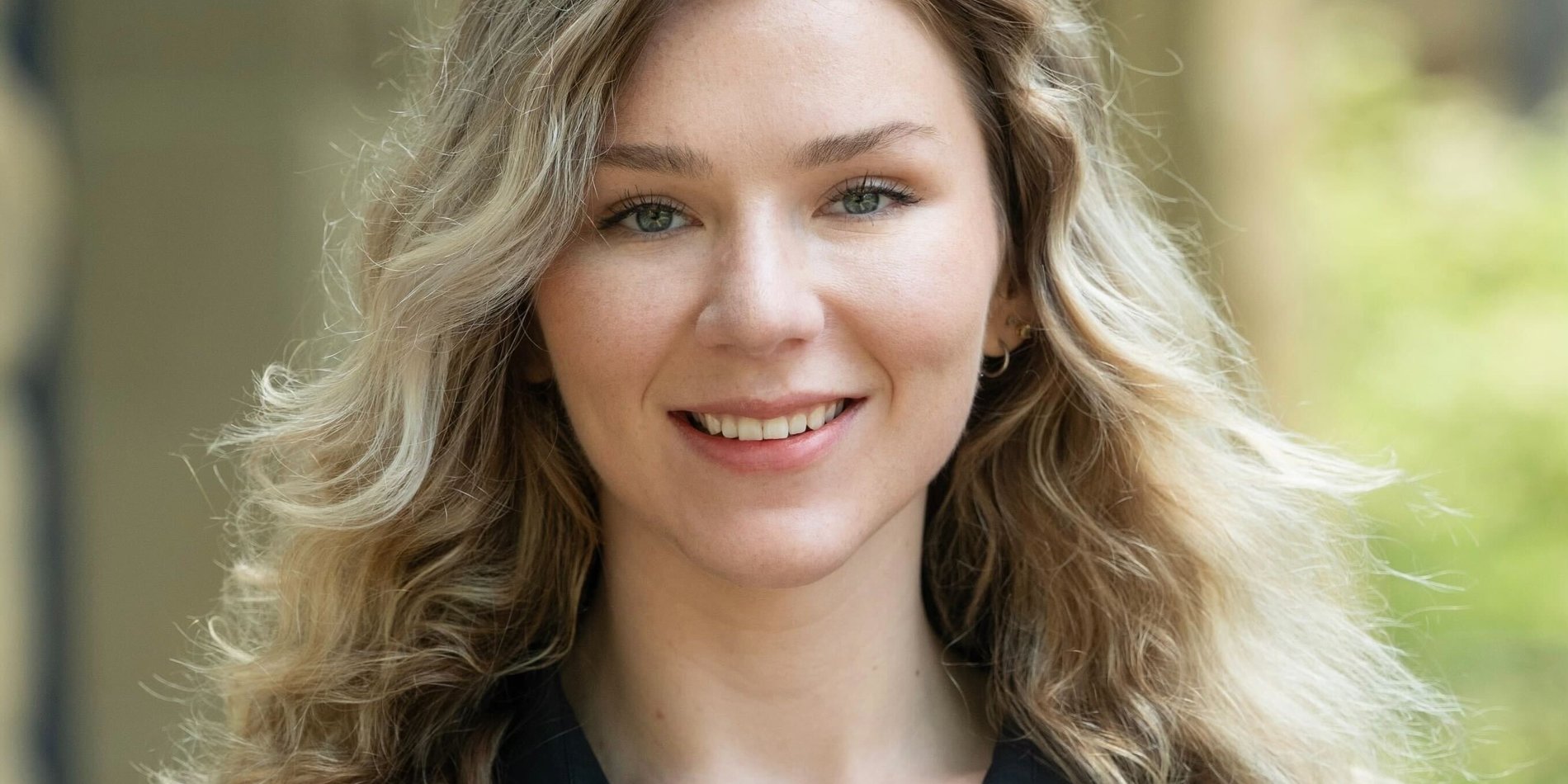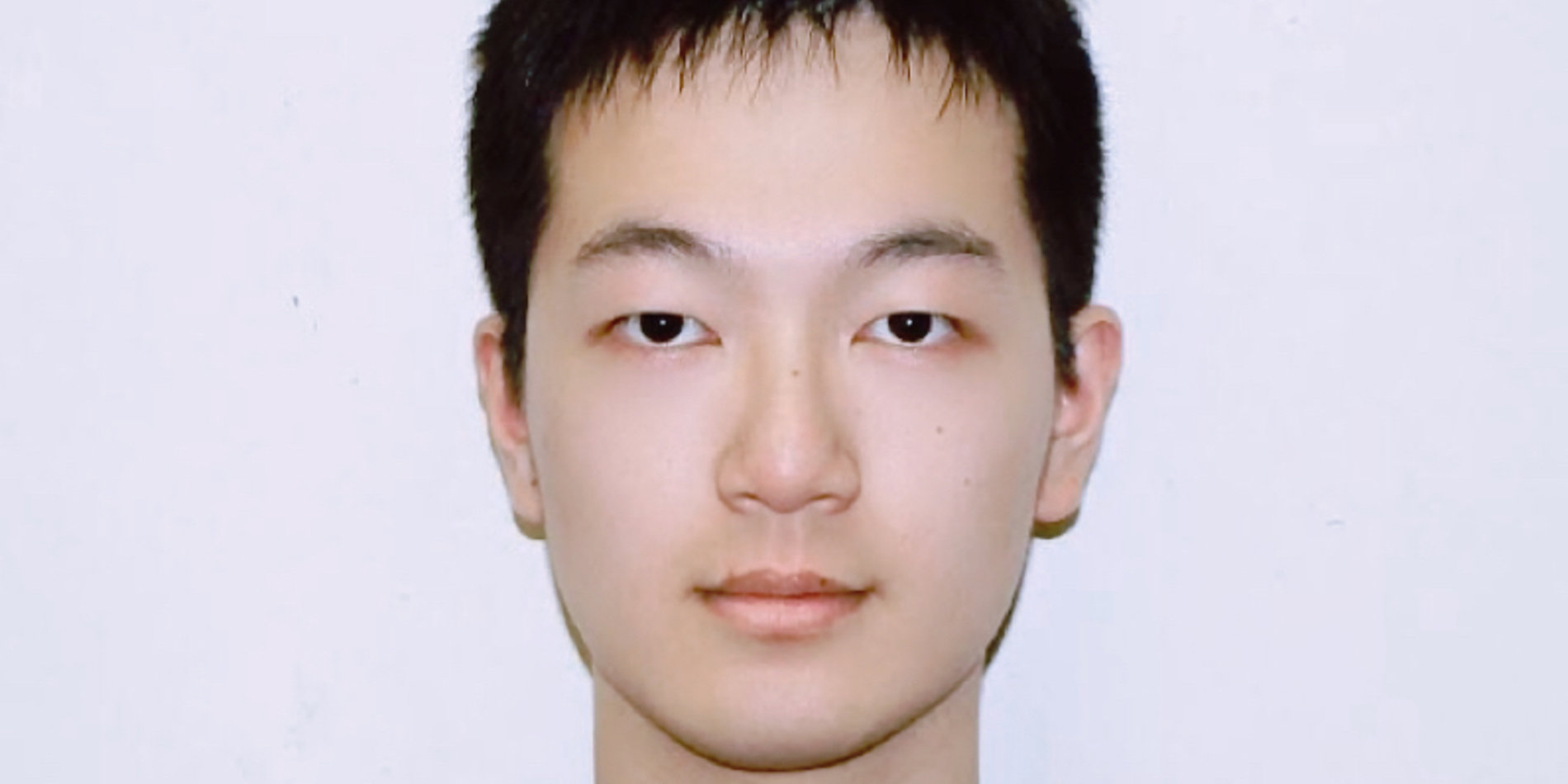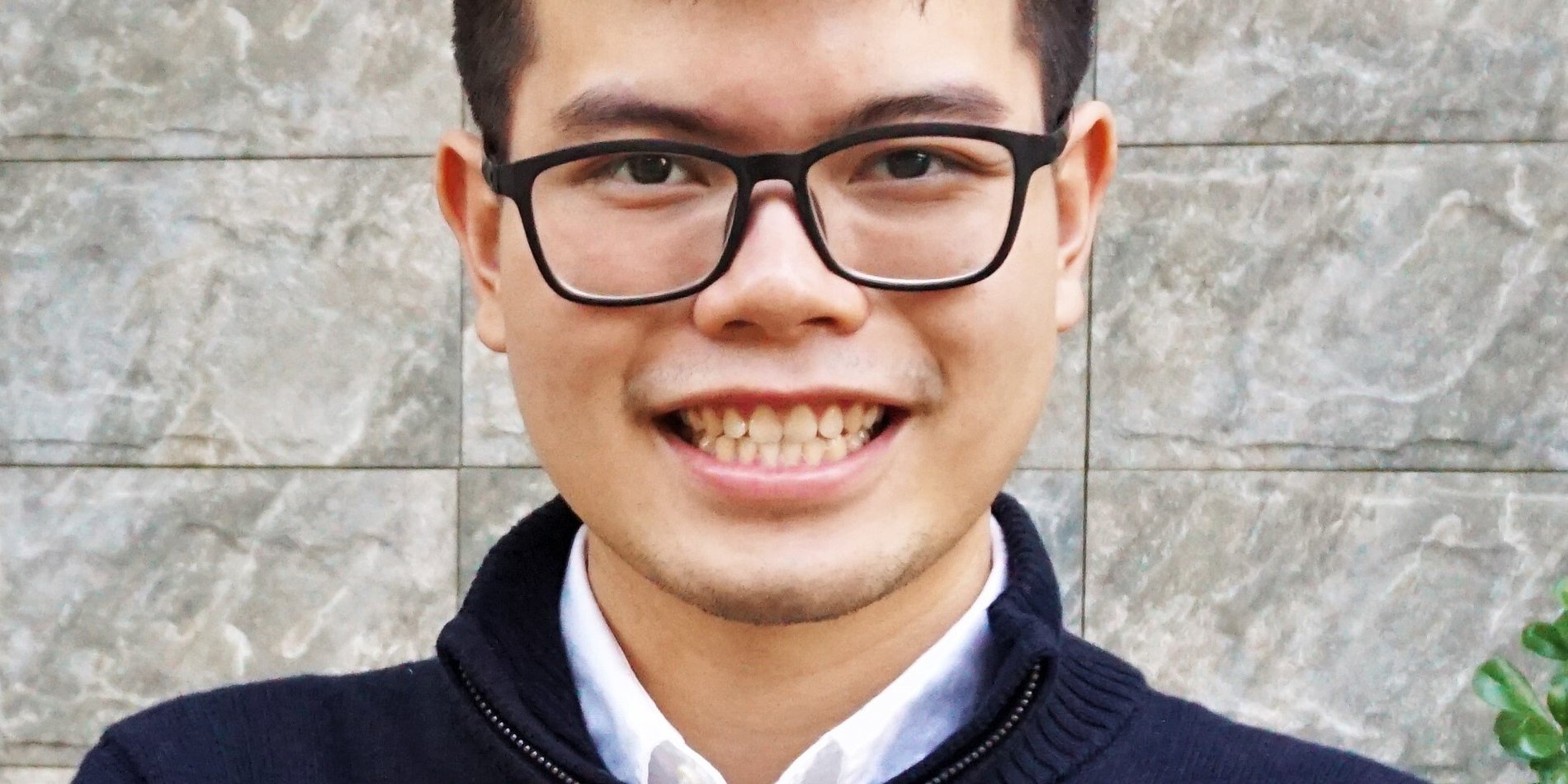Enze Chen | Community Spotlight

Enze Chen
Lecturer
Materials Science and Engineering
"Being a Lecturer has been a wonderful homecoming because I did my B.S. in MSE at Stanford (‘18) and a coterminal M.S. in ICME!"
Where were you born and raised?
- I was born in previously-unknown-now-infamous Wuhan, China and I fondly recall taking the train a few times a year to Nanjing to visit grandparents and relatives on my dad’s side of the family. This back and forth portended the changes that would soon take place, as our family moved to the United States where I began my kindergarten education. While I infrequently go back to China, it’s always a joy to visit Wuhan and try all of the amazing food!
What led you to the engineering field?
- I’ve always enjoyed STEM subjects and read a lot of related books as a kid, only now realizing that it’s rather odd for younger me to know what sections of the Dewey decimal system corresponded to which subjects. Materials science in particular really satisfied my curiosity for how the world physically works and why objects behave the way they do. But I was always searching for a way to apply this knowledge and the “building” ethos of engineering really resonated with me, so that’s what I went with and I feel fortunate to have found a wonderful community within MSE.
Where did you study?
- Being a Lecturer has been a wonderful homecoming because I did my B.S. in MSE at Stanford (‘18) and a coterminal M.S. in ICME! Throughout that time, I did research supervised by (now Asst. Prof.) Qian Yang and the late Prof. Evan Reed. Undergraduate research was particularly formative for me because it introduced me to computational materials science and how we can leverage computing, algorithms, and data science to solve materials problems. This inspired me to pursue a Ph.D. in MSE at UC Berkeley, co-advised by Prof. Mark Asta and Dr. Timofey Frolov, where I researched computational metallurgy and materials science education.
What led you to Stanford and your current role?
- I always knew that I wanted to teach and Lecturer positions at research universities were most appealing to me because I enjoy being surrounded by vibrant research activities, even if I am not actively doing the research. What I didn’t realize was that one of my mentors (and predecessor), Raj Kumar, was leaving Stanford, and he encouraged me to apply for the position here. Given my close relationship to the MSE department, it made a lot of sense to me, and I am energized by the strong support I’ve received from Haoxue (go read her spotlight!) and the wonderful Faculty, Staff, and Students in the department.
Please describe any of your current research you would like highlighted and describe its importance, and/or any research you hope to accomplish in the future.
- My research interests are split across two realms, focused on creating digital workflows for materials research and teaching. On the research side, I run atomic-level simulations of planar defects (e.g., grain boundaries), which are important for strengthening, diffusion, and many other materials properties. Having more tools and datasets would enhance our understanding of the fundamental mechanisms at interfaces; in practice, what this really means is writing a lot of code and staring at atoms as they jiggle on a screen.
On the teaching side, I use open-source software to create interactive textbooks and other accessible, scalable MSE curricula. This is something I’m interested in exploring in the future, particularly with regards to computational science and universal design for learning (UDL), so we can best prepare the next-generation workforce. Much of this work (e.g., advising) involves being open about my experiences, so I’ll direct interested readers to my personal website where they can see my regular blog posts, likely inspired by conversations with students and peers.
What advice do you have for aspiring scientist researchers in the field?
- For a while, Stanford UG Admissions asked an iconic, short-but-sweet essay question: “What matters to you, and why?” The prompt quickly becomes a recurring joke among Stanford students, but I encourage you to regularly reflect on this question, especially in the moments you feel lost in your work. Let your answers and emotions light the path forward—you may be surprised at what you find.


